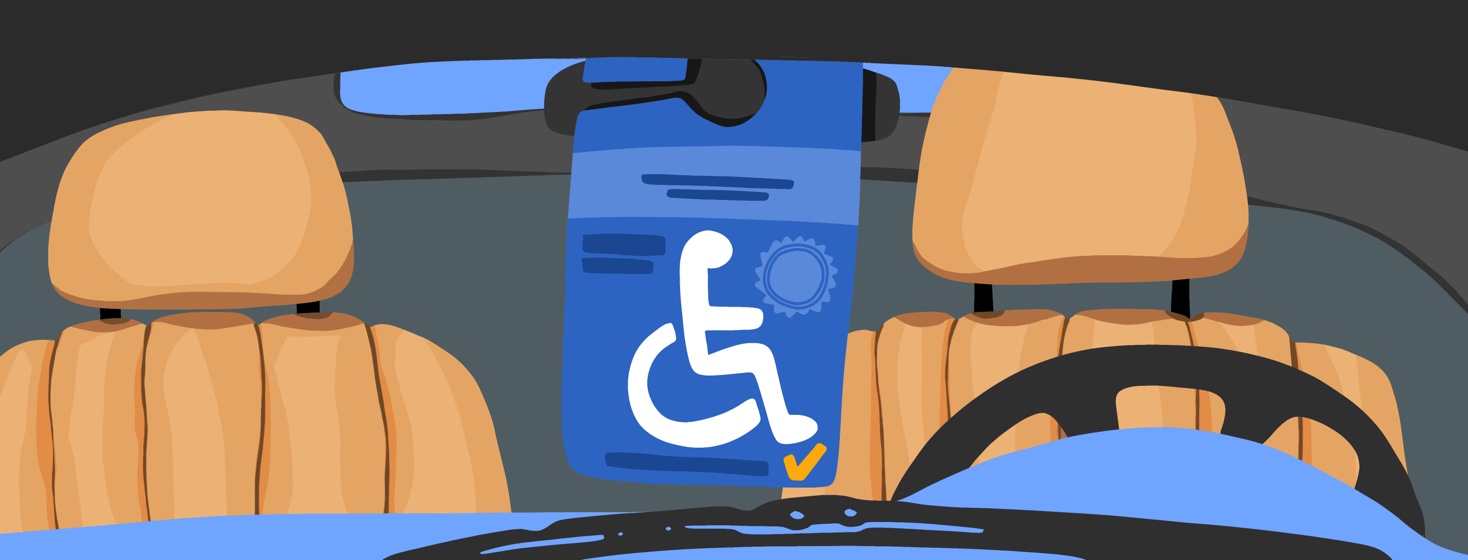I’m Disabled, Not Deceased!
I know I'm not alone when I say that I feel like I get stereotyped for my disabilities. I think because I'm young(ish) and because, for the most part, my outward appearance seems fine, I'm expected to be disabled. The irony is that every day is a fight for me to make it.
I may not "look" disabled to you, but I do feel it
Before NMO, I had other health issues that I had been diagnosed with, but I still got around well for the most part. I had my handicapped placard, and I would (and still do) get looks and stares when I use it as if to say, "there’s nothing wrong with her; she’s probably just lazy." But I definitely feel what’s "wrong" every single day, and so does my family. Since my NMO diagnosis, I just feel like it has gotten worse: The fatigue, the restlessness, the pains and aches, and the debilitating migraines, just to name a few, and yet people still treat me like I should be able to run a marathon, but I can’t!
I feel like an insufficient parent
NMO makes me feel like a bad parent because I can’t do what many other parents can. On the days that I can be active, I feel a little less disabled, but I know somewhere down the line, I will pay for it. I’m thankful for the good days that I can appear to look less disabled, but not all disabilities can be seen by the naked eye. I would like to know where this stereotype came from.
What's with this stereotype?
Was being disabled only designated for the elderly? Is disability only reserved for the autistic "magnificents" and the developmentally delayed? I’ve even seen some of my fellow NMO warriors who are wheelchair bound talk about the looks they get as if you can’t be young, beautiful, and sick. Where did the perceived notion that disability looks a certain way come from? Who wants to walk around looking like how they feel all the time?
Be careful how you ask about people's health
Another thing: If you have a question about the nature of someone’s disability, there is a way to ask about it without being insensitive. If someone chooses not to disclose the nature of their disability, that's their right. No one is entitled to know what is wrong with you except the people you choose to inform. Being disabled does not mean we are not able to do all things. It means that we are not able to do some things, and we may do some of those things differently than a lot of the world. It’s ok for things to look different. It is ok not to be ok. What is not ok is that we are mistreated because we don’t look or act how people think we should with our disabilities.
Be courteous!
Please, please, please think before you question someone regarding their health. Having NMO, or any other illness for that matter, is hard enough to deal with without someone questioning if we really are sick or not. NMO is not something that will always be seen, but trust me, it is something that we always feel, and if we choose to use our superpowers and not look how we feel that is ok, because we are only dis(abled), not deceased!
Are you looking to connect with your fellow community members?

Join the conversation